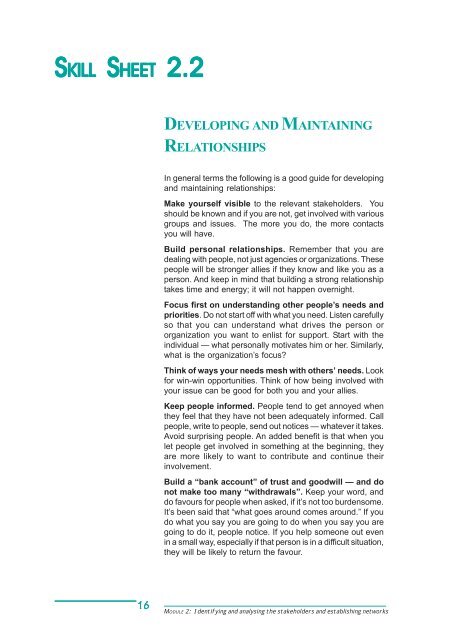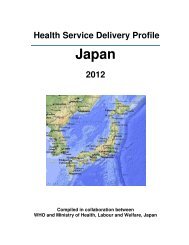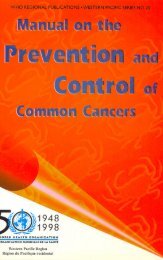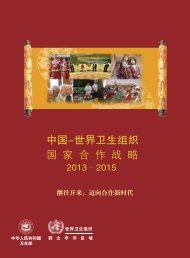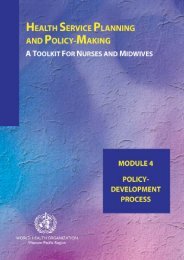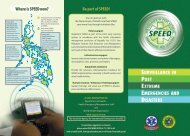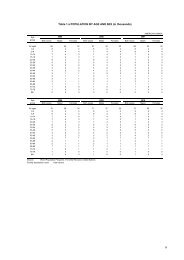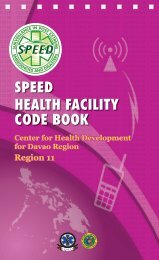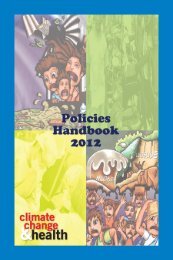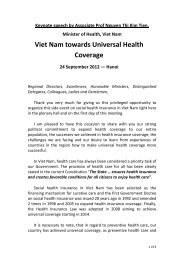MODULE 2: Identifying and analysing the stakeholders and ...
MODULE 2: Identifying and analysing the stakeholders and ...
MODULE 2: Identifying and analysing the stakeholders and ...
- No tags were found...
Create successful ePaper yourself
Turn your PDF publications into a flip-book with our unique Google optimized e-Paper software.
2.2SKILLSHEET2.2DEVELOPING AND MAINTAININGRELATIONSHIPSIn general terms <strong>the</strong> following is a good guide for developing<strong>and</strong> maintaining relationships:Make yourself visible to <strong>the</strong> relevant <strong>stakeholders</strong>. Youshould be known <strong>and</strong> if you are not, get involved with variousgroups <strong>and</strong> issues. The more you do, <strong>the</strong> more contactsyou will have.Build personal relationships. Remember that you aredealing with people, not just agencies or organizations. Thesepeople will be stronger allies if <strong>the</strong>y know <strong>and</strong> like you as aperson. And keep in mind that building a strong relationshiptakes time <strong>and</strong> energy; it will not happen overnight.Focus first on underst<strong>and</strong>ing o<strong>the</strong>r people’s needs <strong>and</strong>priorities. Do not start off with what you need. Listen carefullyso that you can underst<strong>and</strong> what drives <strong>the</strong> person ororganization you want to enlist for support. Start with <strong>the</strong>individual — what personally motivates him or her. Similarly,what is <strong>the</strong> organization’s focus?Think of ways your needs mesh with o<strong>the</strong>rs’ needs. Lookfor win-win opportunities. Think of how being involved withyour issue can be good for both you <strong>and</strong> your allies.Keep people informed. People tend to get annoyed when<strong>the</strong>y feel that <strong>the</strong>y have not been adequately informed. Callpeople, write to people, send out notices — whatever it takes.Avoid surprising people. An added benefit is that when youlet people get involved in something at <strong>the</strong> beginning, <strong>the</strong>yare more likely to want to contribute <strong>and</strong> continue <strong>the</strong>irinvolvement.Build a “bank account” of trust <strong>and</strong> goodwill — <strong>and</strong> donot make too many “withdrawals”. Keep your word, <strong>and</strong>do favours for people when asked, if it’s not too burdensome.It’s been said that “what goes around comes around.” If youdo what you say you are going to do when you say you aregoing to do it, people notice. If you help someone out evenin a small way, especially if that person is in a difficult situation,<strong>the</strong>y will be likely to return <strong>the</strong> favour.16<strong>MODULE</strong> 2: <strong>Identifying</strong> <strong>and</strong> <strong>analysing</strong> <strong>the</strong> <strong>stakeholders</strong> <strong>and</strong> establishing networks


